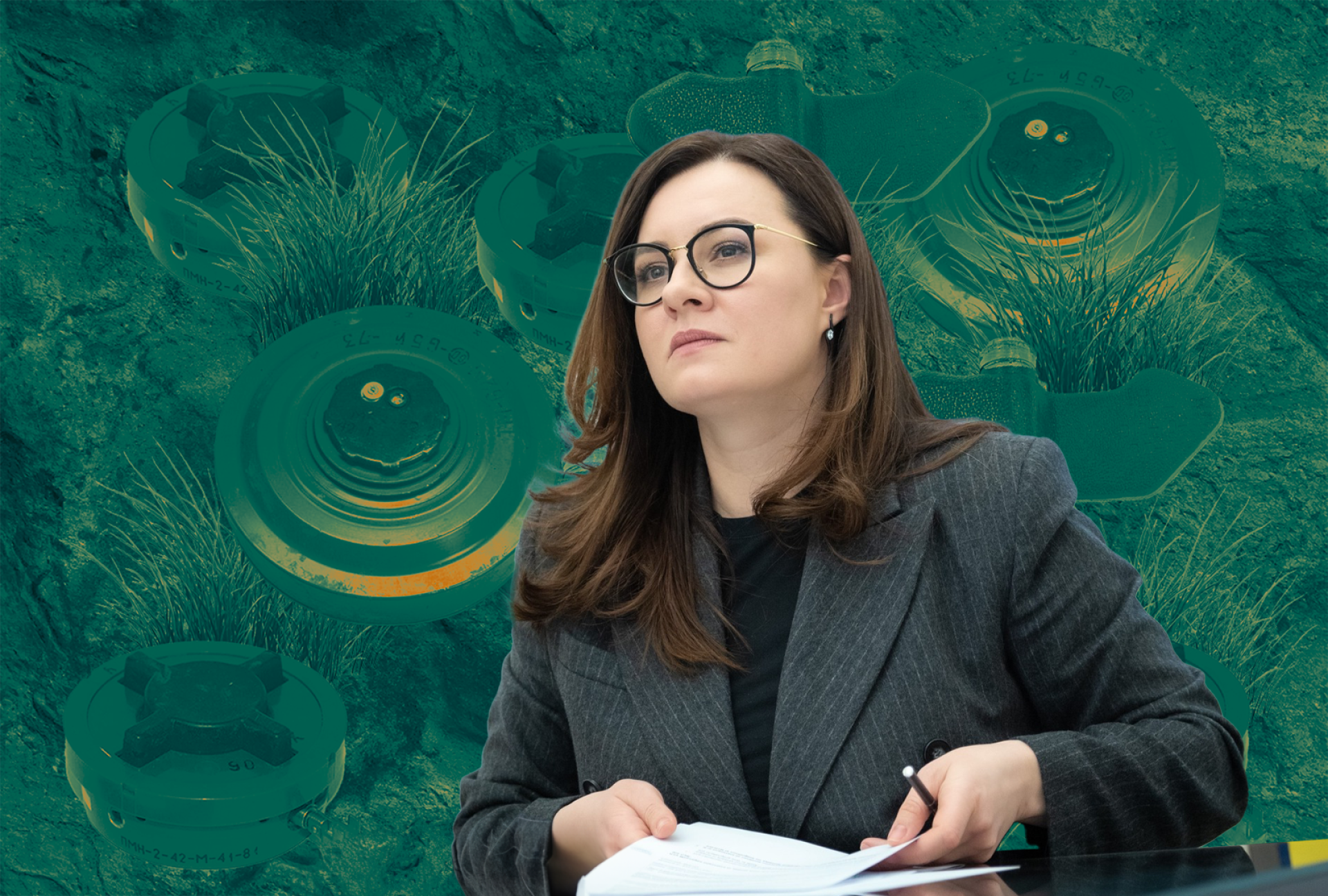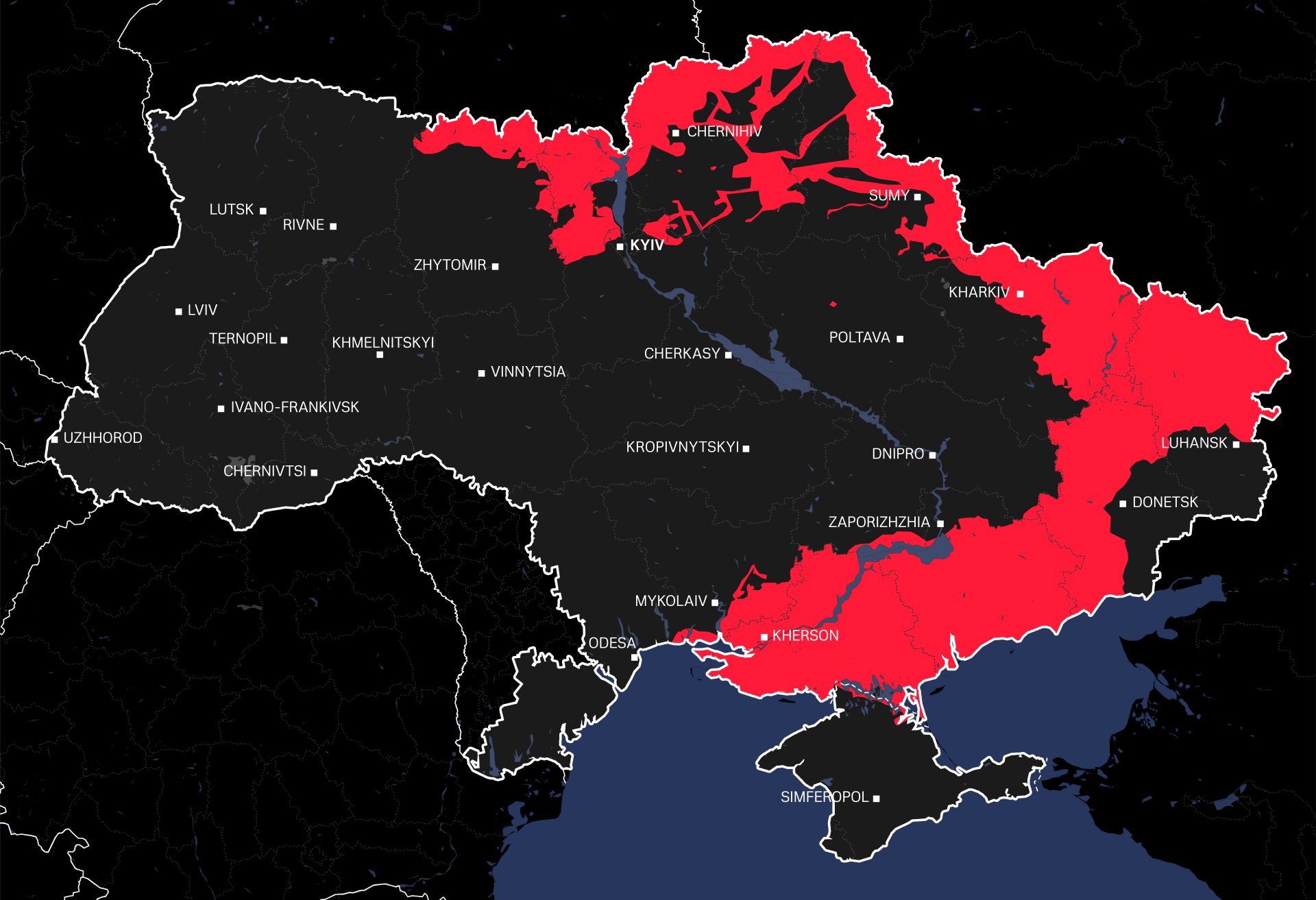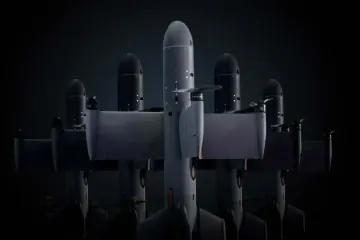- Category
- Opinion
Urgent Humanitarian Demining of Ukraine Is a Global Food Security Issue

As over six million Ukrainians live under the constant danger of landmines, the contamination of vast farmlands jeopardizes Ukraine’s role as a crucial food supplier to nations worldwide, writes First Deputy Prime Minister and Minister of Economy of Ukraine Yuliia Svyrydenko.
A recent landmine explosion in the Mykolaiv region claimed the life of a 14-year-old boy and left another child, aged 12, seriously injured. Unfortunately, this is only one of many reported incidents involving landmines. Russian forces mine almost anything, including children’s toys, musical instruments, or even the bodies of the deceased. Over six million Ukrainians are now at risk of encountering a landmine or unexploded ordnance in their daily lives. Having also rendered unsafe the vast territories of Ukrainian farmlands, landmines threaten the ability to produce agricultural products, on which many world nations depend on. Ukraine is one of the main global food suppliers, feeding up to 400 million people worldwide.
Despite this, last year we exported more than 16 million tons of wheat to 65 countries, 26 million tons of corn to 80 countries, and 5.7 million tons of sunflower seeds to 130 countries.
Our exports contribute directly to the food security of the Global South. Even minor fluctuations in our grain deliveries can have a major impact on the situation in Somalia, Yemen, Nigeria, Sudan, and Ethiopia, which, according to the UN, are especially vulnerable to risk of hunger. For example, given that the annual consumption of wheat in Somalia amounts to 700,000 tons, a single 50,000-ton delivery shipment from Ukraine ends up feeding the entire population of the country for a month.
Up to 25% of Ukrainian territory is potentially contaminated with unexploded ordnance
Ukraine’s ability to perform its regular role in global food supply chains is currently threatened by both russia’s blocking Ukraine’s exports and the risks that Ukrainian farmers face in the contaminated farmland. Up to 156,000 square kilometres (25%) of Ukrainian territory is suspected to be contaminated with landmines and unexploded ordnance. It is an area about the size of Greece!

This is the largest contamination since the World War II, and neither Ukraine nor the world had been prepared for this. Nevertheless, we have pledged to clear 80% of the contaminated land for agricultural use within 10 years. And we have a reason to be optimistic. While last year we did not have a single heavy demining machine, only 1,500 sappers and six mine action operators, this year we have at least 80 vehicles, 4,000 sappers, and 40 mine action operators. Moreover, thanks to the Ukrainian government-run fundraising platform UNITED24, we have been able to raise funds to procure equipment, armoured pyrotechnic and remote demining vehicles for our sappers.
Thanks to all these efforts, only this year we returned to productive use another 125,000 hectares. These cleared farmlands, could be eventually yield a harvest that could be equivalent to 600,000 tons of bread. Every piece of this bread and every centimetre of these demined lands is a joined contribution to the food security of the world.
People, innovations, and machinery — paving the way to safe Ukrainian land
There is still a lot of work to do. To better organise our efforts, we have put together several initiatives.
First, we are launching the Humanitarian Demining Market, aiming to encourage national and international operators to join us in our demining efforts. We are offering reimbursement to farmers for purchase demining services.
Second, we are implementing innovative technologies. Ukraine is currently working with Palantir Technologies, a U.S. software-developing company, to develop an AI-powered tool for big-data analyse in decision-making. For donors, it will be a tool to track how their funds were spent.
Third, we have created and launched a platform for Ukrainian and foreign developers, for testing sensor-based technologies capable of detecting mines — for instance, by using drones. We also hope to utilize such remote surveying technology to analyse high-resolution satellite images and multispectral images, utilizing neural networks. This may help us detect any craters caused by explosions or traces of military vehicles in the mined zones. With such technology, we could roughly identify what kinds of weapons were used, which would help us calculate the potential level of contamination of the area and the estimate number of resources that would be needed for the area’s demining. For example, this is how we were able to determine that the agricultural losses, due to the hostilities-related soil degradation, in the Kharkiv region alone amounted to UAH 37 billion.
Our next initiative is to create conditions for Ukrainian factories to produce demining equipment. This will result in value added to the equipment production: no custom fees, no shipment charges, and no waiting for deliveries, not to mention an opportunity to contribute to strengthening the national economy through increasing the share of domestic production. Besides, we already have in Ukraine our first established domestic production of mechanical equipment for ground preparation in landmine clearance. We hope to see next, our own, first national, certified demining machinery.
And, finally, we're optimizing the process of national certification for developers of demining equipment as well as for mine action operators, by updating the industry standards.
All these initiatives, the technologies, tools, new equipment, and of course each donation is what will help us bring back stability and peace, not only into our homeland but everywhere in the world. Therefore, accelerating the demining process will be one of the main topics in Ukraine Recovery Conference in Berlin. Because without demining we won’t able to start reconstruction of demined regions.
If there is grain harvested this summer in Ukraine, millions of families in the Global South will have food on their tables. If Ukraine feels safer today, tomorrow it will welcome back its refugees, who, once again, will open up to the idea of a future in their homeland. Feeling peace inside means purging everything that Russia’s terror brought with it. For the only way to truly end this war is to never again see any news of how the remnants of this war have taken yet another child’s life.
-d563cdf68f7a0c2c701ca4a173bfeb97.jpg)
-2c683d1619a06f3b17d6ca7dd11ad5a1.jpg)

-da3d9b88efb4b978fa15568884ef067f.jpg)
-73e9c0fd8873a094288a7552f3ac2ab4.jpg)
-f3bede69822b36ac993a6cd5b65014f9.png)


